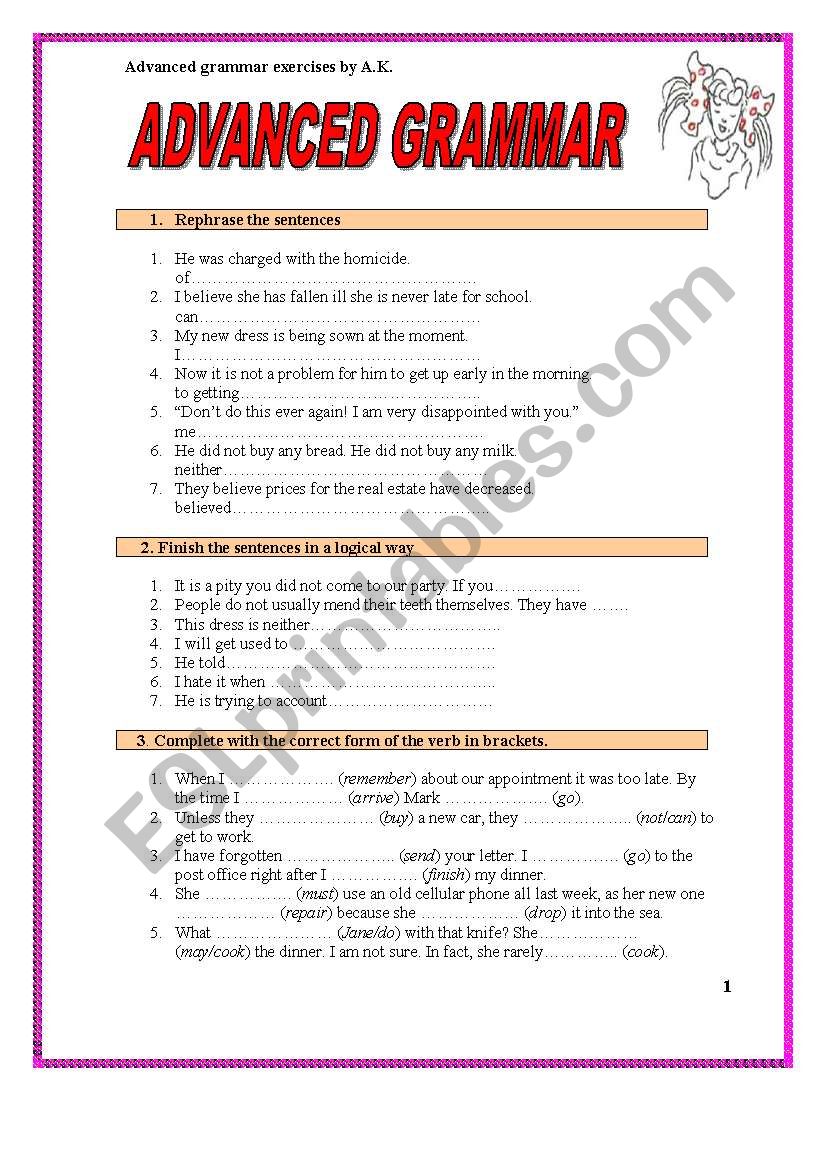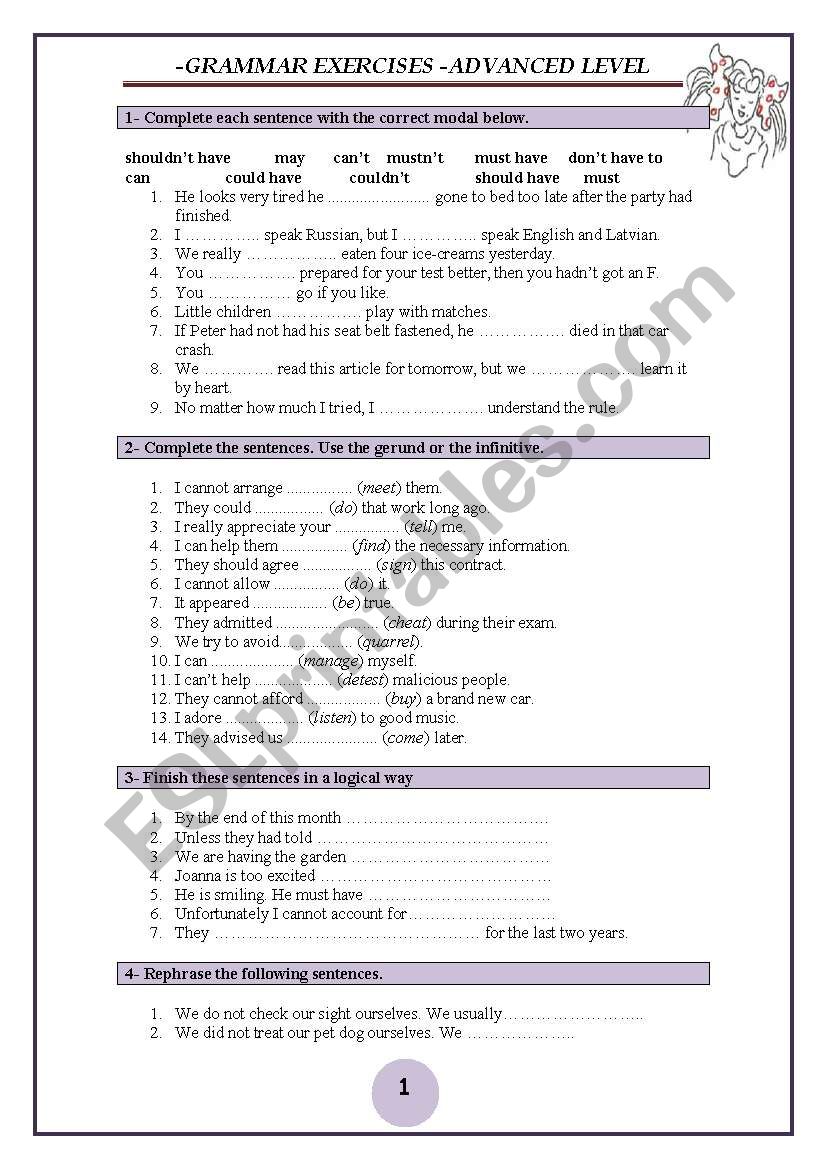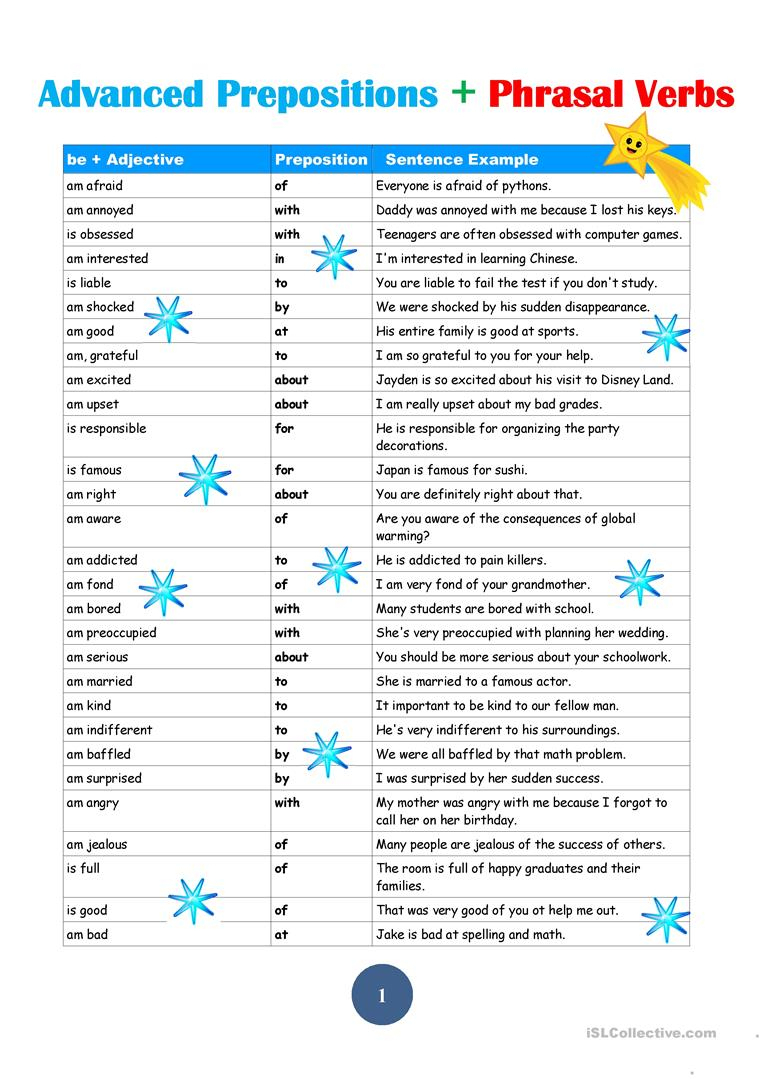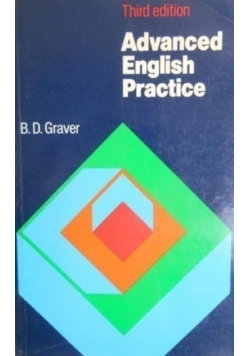
Mastering Nuance: A Comprehensive Guide to Advanced English Practice
The journey of learning English often feels like climbing a mountain. You reach the summit of "fluency," celebrating your ability to communicate effectively in most situations. But for many, this isn’t the final peak. Beyond fluency lies the vast, intricate landscape of mastery – a realm where nuance, subtlety, and sophisticated expression reign supreme. This is where advanced English practice becomes not just beneficial, but essential. It’s about moving beyond being understood to being precise, persuasive, and culturally attuned. This comprehensive guide will delve into the multifaceted strategies required to elevate your English from proficient to truly advanced.
Defining "Advanced": Beyond Fluency
Before we embark on the journey of advanced English practice, it’s crucial to understand what "advanced" truly means. It’s not merely about knowing more words or speaking faster. An advanced English speaker possesses:

- Exceptional Precision: The ability to choose the exact word or phrase to convey meaning, avoiding ambiguity.
- Syntactic Sophistication: Comfort and accuracy in using complex sentence structures, varied sentence beginnings, and sophisticated grammatical constructions.
- Idiomatic Fluency: A deep understanding and natural application of idioms, phrasal verbs, and colloquialisms, making their speech sound native-like.
- Nuanced Comprehension: The capacity to grasp implied meanings, subtle tones, sarcasm, and cultural references in both spoken and written English.
- Rhetorical Skill: The ability to argue, persuade, analyze, and present complex ideas coherently and eloquently.
- Cultural Acuity: An understanding of the cultural contexts that shape language use, from humor to social etiquette.
- Self-Correction: The awareness to identify and correct their own linguistic errors, continuously refining their output.





Achieving this level requires a shift in mindset from passive learning to active, deliberate, and often challenging advanced English practice.
The Pillars of Advanced English Practice

To reach the pinnacle of English proficiency, your practice must be holistic, addressing all four core skills – reading, writing, listening, and speaking – while integrating a deeper understanding of vocabulary, grammar, and culture.
1. Vocabulary and Idiomatic Expression: Beyond the Dictionary

At an advanced level, vocabulary acquisition moves beyond memorizing lists. It’s about understanding nuance, connotation, collocations (words that naturally go together), and the appropriate context for each word.
- Focus on Collocations: Instead of learning "strong" and "tea" separately, learn "strong tea." Understand that you "make a decision," not "do a decision." Utilize collocation dictionaries or online tools like Ludwig.guru.
- Master Phrasal Verbs and Idioms: These are the backbone of native English. Don’t just learn their definitions; understand their usage and context. Read fiction, watch TV shows, and listen to podcasts to see them in action. Keep a dedicated notebook for idioms you encounter.
- Explore Synonyms and Antonyms with Nuance: Understand the subtle differences between words like "happy," "joyful," "elated," and "content." A thesaurus is a tool for exploration, not just substitution.
- Delve into Academic and Technical Vocabulary: If your goal involves professional or academic settings, actively seek out and learn the specific terminology of your field. Read academic papers, industry journals, and specialized articles.
- Use Thematic Learning: Group words by themes (e.g., "emotions," "politics," "economics") and explore their various expressions and associated idioms.

2. Grammar and Syntactic Sophistication: Crafting Elegant Sentences
While basic grammar ensures correctness, advanced grammar focuses on elegance, precision, and the ability to construct complex, flowing sentences.
- Master Complex Sentence Structures: Practice using conditional sentences (third conditional, mixed conditionals), inverted sentences ("Never have I seen…"), participle clauses ("Having finished the report, she submitted it."), and various types of subordinate clauses.
- Refine Use of Modals and Perfect Tenses: Understand the subtle differences in meaning conveyed by "might," "could," "would," and the precise application of perfect tenses (e.g., "had been doing" vs. "has been doing").
- Understand Rhetorical Devices: Learn how to use parallelism, antithesis, rhetorical questions, and other literary devices to make your writing and speaking more impactful.
- Analyze Native Speakers’ Grammar: Pay close attention to how native speakers construct sentences in formal speeches, well-written articles, or academic texts. Deconstruct complex sentences to understand their architecture.
- Practice Active and Passive Voice Judiciously: While active voice is generally preferred, understand when the passive voice is more appropriate (e.g., when the actor is unknown or unimportant, or to maintain a formal tone).
3. Listening and Critical Comprehension: Hearing Between the Lines
Advanced listening goes beyond understanding the main idea. It involves picking up on subtle cues, inferring meaning, recognizing tone, and identifying underlying arguments.
- Engage with Unscripted, Authentic Materials: Podcasts, documentaries, news debates, university lectures, and stand-up comedy are excellent resources. Avoid materials specifically designed for language learners.
- Active Listening with a Purpose: Don’t just passively listen. Listen for specific information, arguments, the speaker’s tone, emotional cues, and cultural references. Try to predict what the speaker will say next.
- Analyze Accents and Dialects: Expose yourself to a variety of English accents (British, American, Australian, Canadian, etc.) to improve your adaptability.
- Transcribe and Shadow: Choose short audio clips and transcribe them word-for-word. This forces you to pay extreme attention to detail. Shadowing (repeating what you hear simultaneously) helps with intonation, rhythm, and speed.
- Listen to Debates and Discussions: Focus on understanding the different viewpoints, the way arguments are constructed, and how speakers respond to challenges.
4. Reading for Depth and Critical Analysis: Beyond Surface Comprehension
Advanced reading is not about speed, but about depth. It involves engaging critically with texts, understanding complex arguments, and appreciating literary style.
- Diverse and Challenging Genres: Move beyond casual articles. Read classic literature, academic journals, philosophical texts, historical analyses, and complex news reports (e.g., from The Economist, The New York Times, The Guardian).
- Active Reading Techniques: Don’t just read; interact with the text. Annotate, highlight key arguments, summarize paragraphs, identify the author’s bias, and look up unfamiliar vocabulary in context.
- Analyze Rhetorical Strategies: Pay attention to how authors use language to persuade, inform, or entertain. Identify literary devices, logical fallacies, and structural choices.
- Compare and Contrast: Read multiple perspectives on the same topic to develop your critical thinking and ability to synthesize information.
- Read Aloud: This helps connect the written word with spoken fluency, improving your pronunciation and rhythm.
5. Speaking with Fluency, Accuracy, and Persuasion: Articulating Complex Ideas
Advanced speaking is about expressing complex thoughts clearly, accurately, and persuasively, maintaining a natural flow and appropriate tone.
- Engage in Deep Conversations and Debates: Seek out opportunities to discuss complex topics with native speakers or highly advanced learners. Challenge yourself to articulate nuanced opinions and defend your viewpoints.
- Practice Public Speaking: Join a Toastmasters club or similar group. Present on topics you’re passionate about. This forces you to structure your thoughts, use formal language, and control your delivery.
- Record Yourself: Listen back to your own speech. Identify areas for improvement in pronunciation, intonation, grammar, and vocabulary usage.
- Describe Complex Situations: Practice explaining intricate processes, abstract concepts, or detailed narratives. Focus on using precise vocabulary and coherent sentence structures.
- Focus on Intonation and Rhythm: Beyond individual sounds, natural English relies heavily on stress, rhythm, and intonation. Mimic native speakers, paying attention to how they emphasize words and phrases to convey meaning.
6. Writing with Precision, Cohesion, and Style: Crafting Compelling Narratives and Arguments
Advanced writing demands not just grammatical correctness, but also clarity, coherence, stylistic flair, and the ability to tailor your writing to different audiences and purposes.
- Write Regularly and Diversely: Practice different forms of writing: essays (argumentative, expository), reports, creative stories, formal letters, blog posts, and reviews.
- Focus on Cohesion and Coherence: Use transition words and phrases effectively to create a logical flow between sentences and paragraphs. Ensure your arguments are well-structured and easy to follow.
- Vary Sentence Structure: Avoid monotonous sentence patterns. Mix simple, compound, and complex sentences. Experiment with inversion and other advanced grammatical constructions.
- Refine Word Choice and Conciseness: Eliminate redundant words and phrases. Choose strong verbs and precise nouns.
- Seek Feedback: Have native speakers or professional editors review your writing. Constructive criticism is invaluable for identifying blind spots and refining your style.
- Emulate Good Writing: Analyze well-written articles, books, or essays. Pay attention to how authors introduce ideas, build arguments, and conclude their pieces.
Integrating Technology into Your Advanced English Practice
Technology offers an unparalleled array of tools to support your journey:
- AI Language Models (ChatGPT, Bard): Use them as writing partners for feedback, brainstorming, or generating complex prompts. Ask them to rephrase sentences, explain nuanced vocabulary, or simulate debates.
- Online Dictionaries & Thesauruses (Oxford Learner’s Dictionaries, Merriam-Webster): Go beyond definitions to explore usage examples, collocations, and pronunciation.
- Grammar Checkers (Grammarly Premium): While not perfect, they can catch complex errors and suggest stylistic improvements.
- Podcast Apps: Access a vast library of authentic English content on any topic imaginable.
- YouTube: Find lectures, interviews, documentaries, and news channels to immerse yourself in diverse English content.
- Language Exchange Apps (Tandem, HelloTalk): Connect with native speakers for conversation practice.
- Online Courses and MOOCs: Many universities offer free or paid courses on specific aspects of English (e.g., academic writing, public speaking).
Overcoming Challenges and Maintaining Momentum
The path to advanced English is not without its hurdles. You might experience plateaus, lose motivation, or feel overwhelmed.
- Embrace the Plateau: Recognize that progress isn’t always linear. A plateau means you’re consolidating knowledge before your next leap. Vary your practice to push through.
- Set Realistic, Measurable Goals: Instead of "get better at English," aim for "read one classic novel per month," or "give a 10-minute presentation next quarter."
- Find Your "Why": Remind yourself of your ultimate motivation for achieving advanced proficiency – whether it’s career advancement, academic pursuits, or personal enrichment.
- Celebrate Small Wins: Acknowledge your progress, no matter how minor it seems.
- Embrace Mistakes: Errors are learning opportunities. Don’t let the fear of making mistakes inhibit your practice.
- Consistency is Key: Even short, daily practice sessions are more effective than sporadic long ones. Schedule your advanced English practice and stick to it.
Conclusion
Achieving advanced English proficiency is a continuous journey of exploration and refinement, not a destination. It demands dedication, curiosity, and a willingness to step outside your comfort zone. By systematically focusing on nuanced vocabulary, sophisticated grammar, critical listening and reading, and expressive speaking and writing, you can unlock a deeper level of communication and understanding. The benefits extend far beyond language itself, opening doors to new professional opportunities, enriching personal connections, and fostering a more profound engagement with global culture. Embark on your advanced English practice with purpose, and witness the transformative power of true linguistic mastery.
